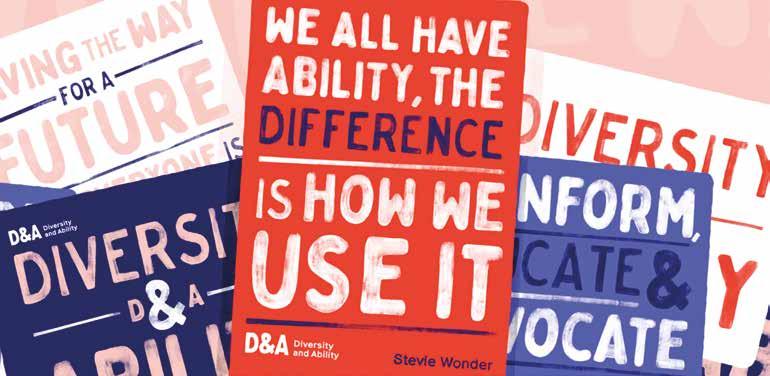
3 minute read
Reading for pleasure
Jon Biddle, English lead and NEU rep at Moorlands Primary in Norfolk, is passionate about fostering a love of reading for pleasure.
Here he shares ideas and tips for schools to try. Read
All rights and no wrongs more ideas from Jon next issue
I’M writing this article from the sofa in my lounge, two weeks into the autumn term. “I’ve never had their own reading choices without worrying about what friends think. My youngest daughter has a cough and we’re waiting for a Covid-19 test. time to read. But The right to read at any speed was explained beautifully: “Sometimes I want to My class and my wife’s class are both missing out on their regular teacher, and my no one ever kept slow down and think or talk about a book. Just because people read more words than me daughters are missing out on their education. It’s a hugely frustrating position to be in. me from finishing doesn’t make them better readers.” One that didn’t make the final list was Anyway, back to reading. For the first week of term at Moorlands, each class based a novel I loved.” the right to read books written for younger children. There is too much unnecessary its curriculum around Here We Are: Notes for Living on Planet Earth, a powerful book by Author Daniel Pennac pressure on children to be reading the ‘correct’ books for their age. It doesn’t matter – get author and illustrator Oliver Jeffers. The Centre them passionate about reading and they’ll soon for Literacy in Primary Education provided find their own path. free planning for schools to use. One girl said she felt she had to read the same After sharing our finished work (below
Some of the suggested work was about books as her friends, even though she didn’t left) on social media, we were delighted to the Universal Declaration of Human Rights. particularly like them. Although it can be receive a message from poet Paul Jenkins We started talking about children’s rights lovely to have ‘reading in common’, it’s equally who’d written a fantastic poem based upon in school and someone suggested that we as important for children to be able to make what we had created (pauljenkinspoet.co.uk/ all have ‘the right to read’. This made me post/constantly-evolvingthink of Daniel Pennac’s stunning book, The words). This caused much Rights of the Reader, in which he argues very excitement in class when persuasively that a love of reading needs to be the pupils realised that other nurtured in children and goes on to create the people were interested in Reader’s Bill of Rights. their thoughts and opinions.
His points were summed up in a poster Giving children time illustrated by Quentin Blake, which I believe to share what’s important should be displayed in every classroom. I to them about reading is a shared copies of the poster with my class valuable activity and one I’d and we split into groups to discuss what we strongly recommend. thought our rights as readers should be. Have the best
The suggestions put forward gave me new term possible under the insight into my pupils as readers. Some were circumstances, and stay safe. what you’d probably expect – the right to read @jonnybid any book you want, the right to stop reading a book – but some were totally unexpected.
The right to feel emotional when reading created the most conversation. We talked about how it’s OK to laugh and cry during a book and that being emotionally involved in a story is nothing to feel embarrassed about. I told them how, despite reading it aloud several times, I still get teary whenever I read The Miraculous Journey of Edward Tulane (right) to a class.
Being able to have your own opinion about an author also came up a few times.










